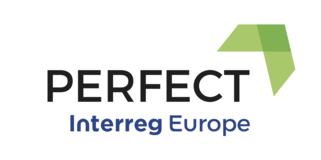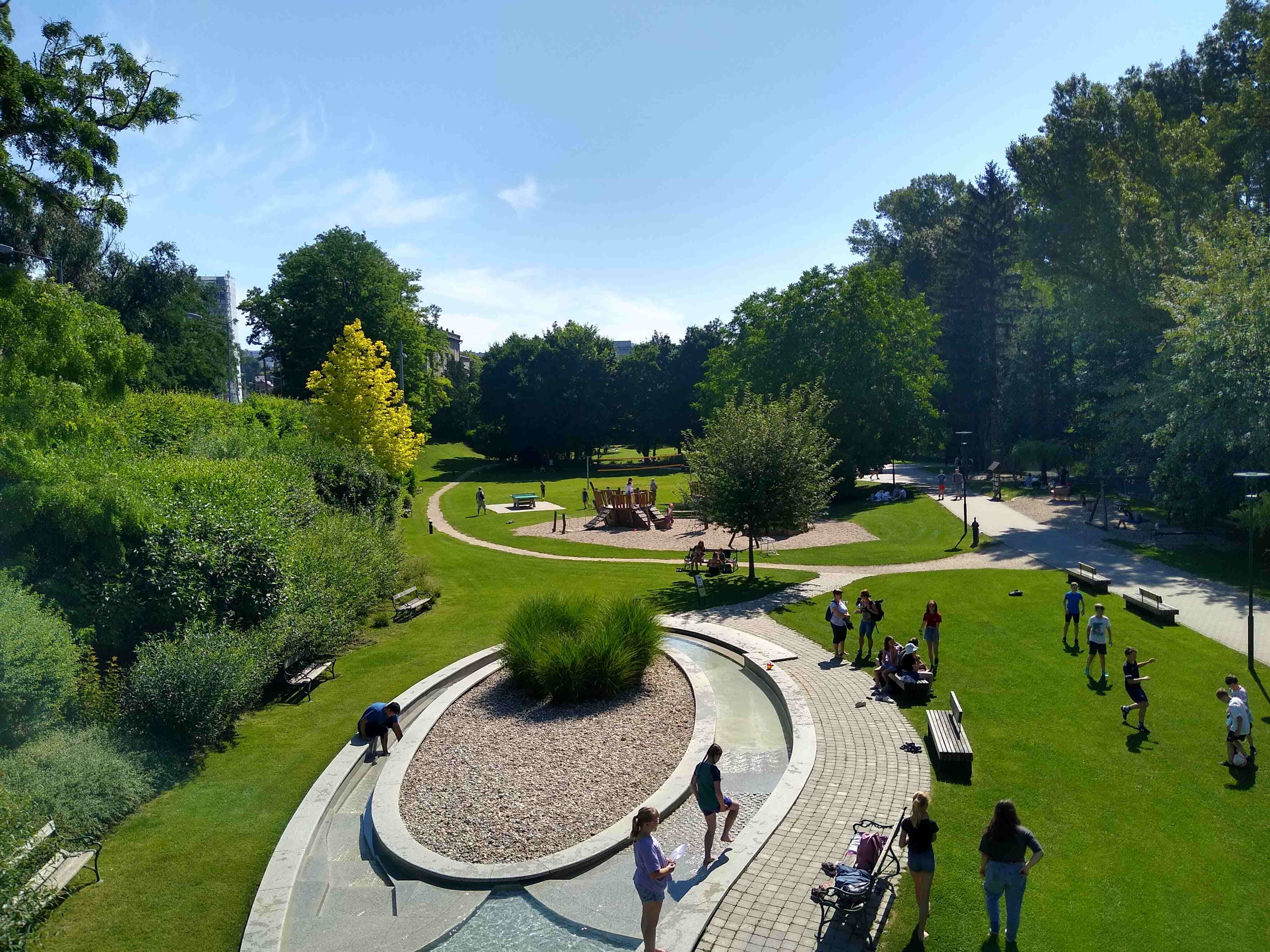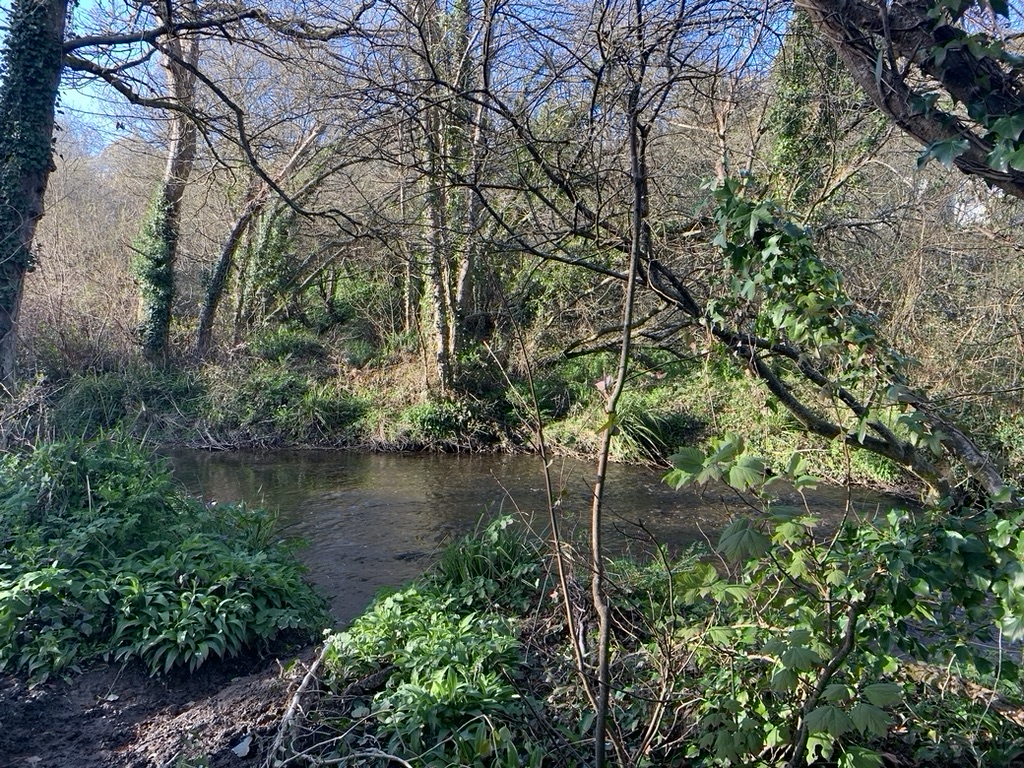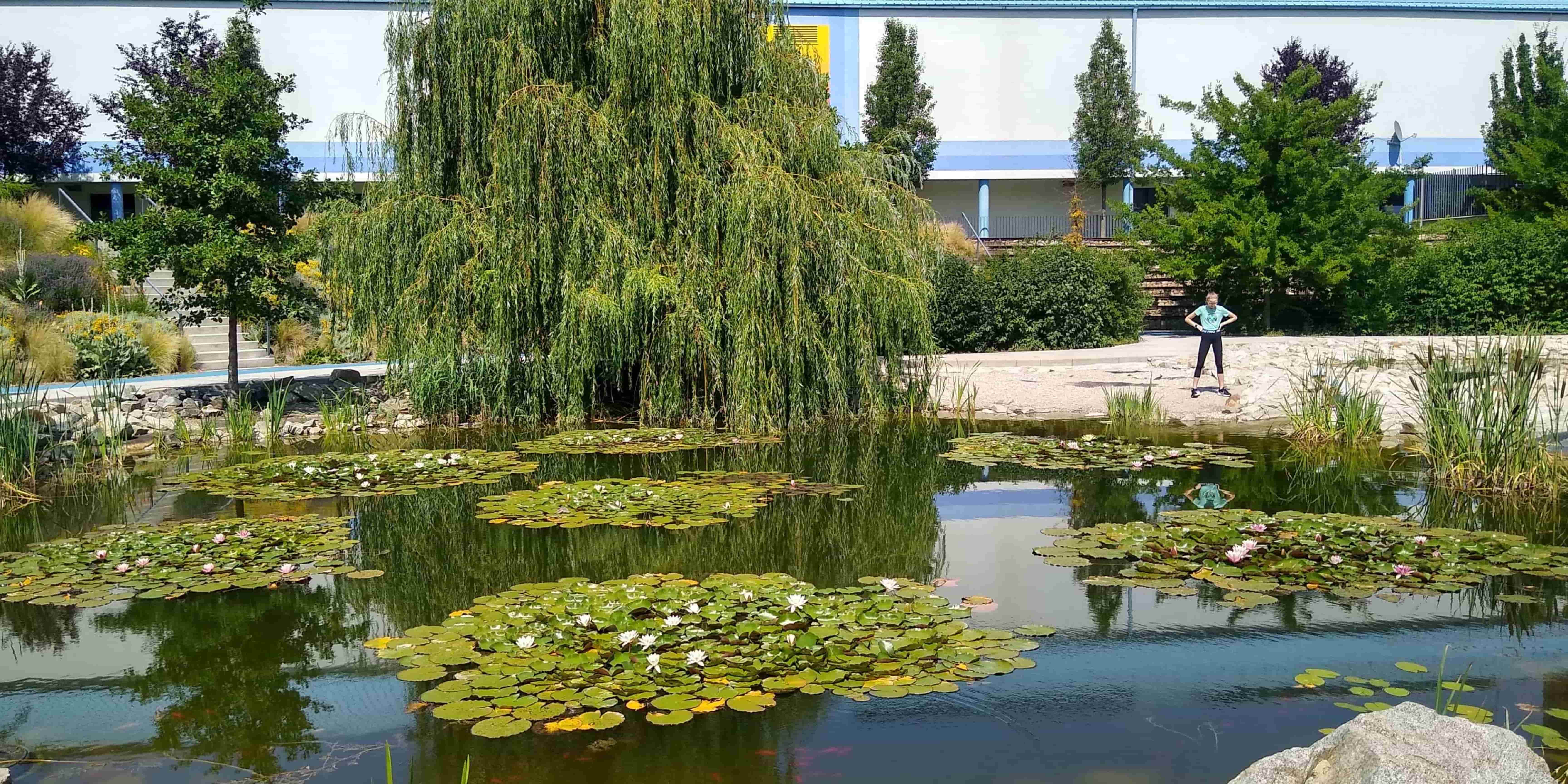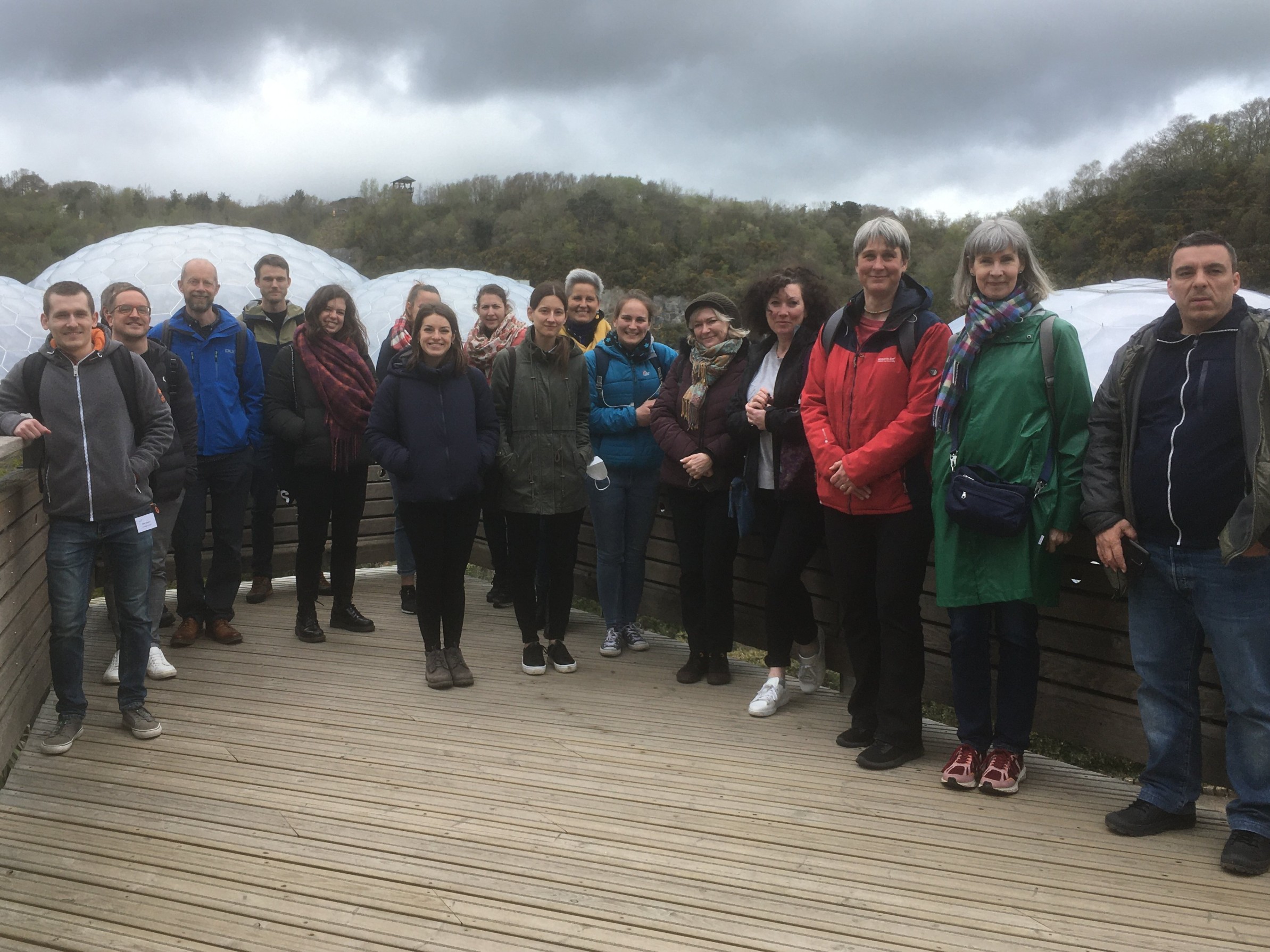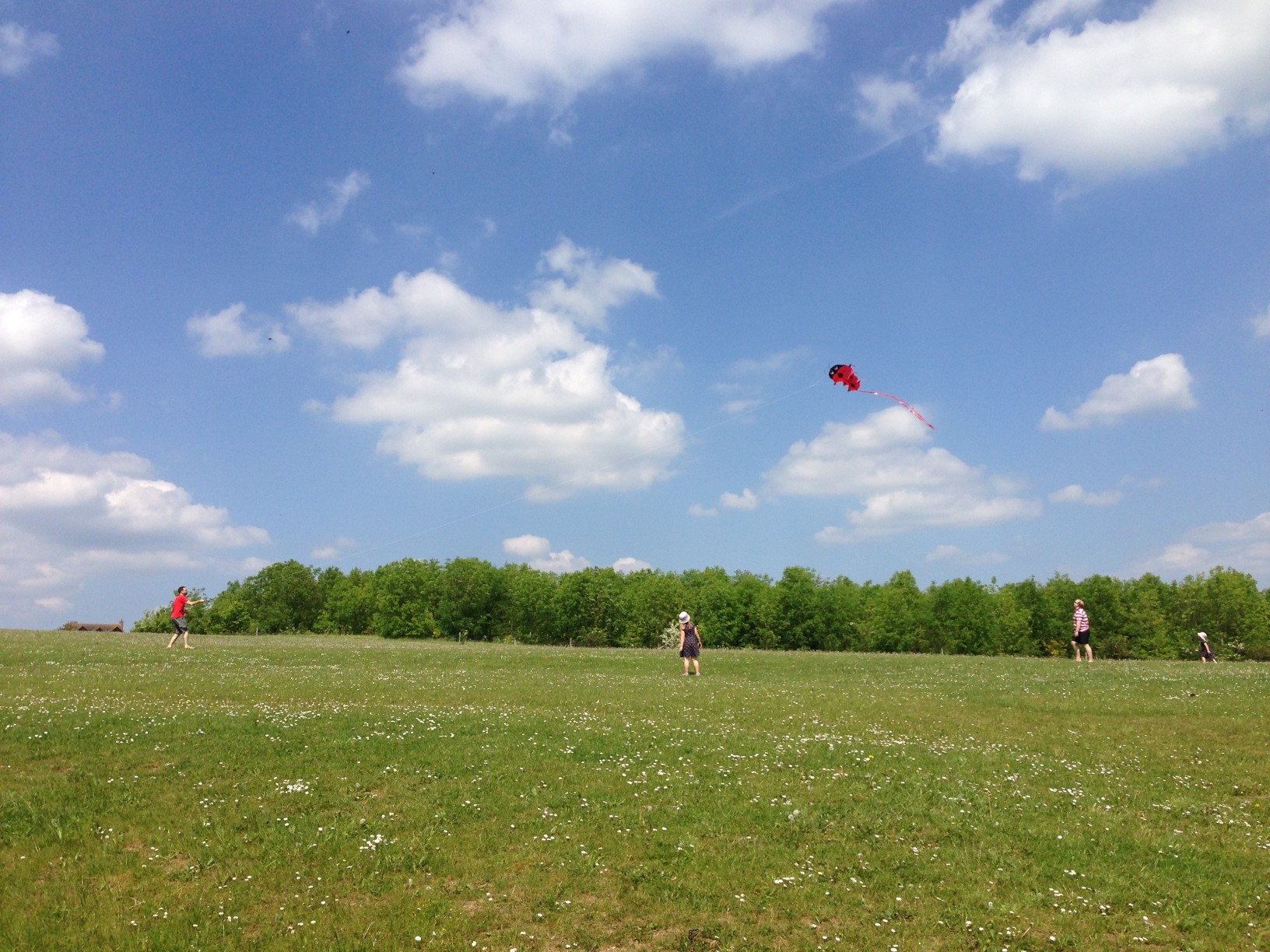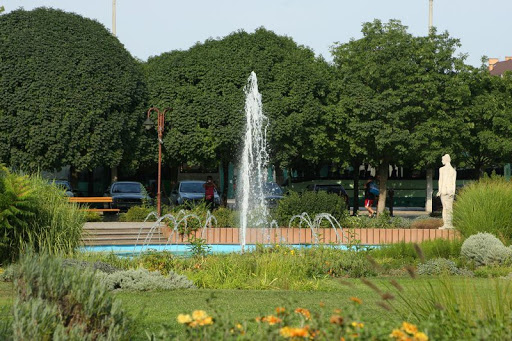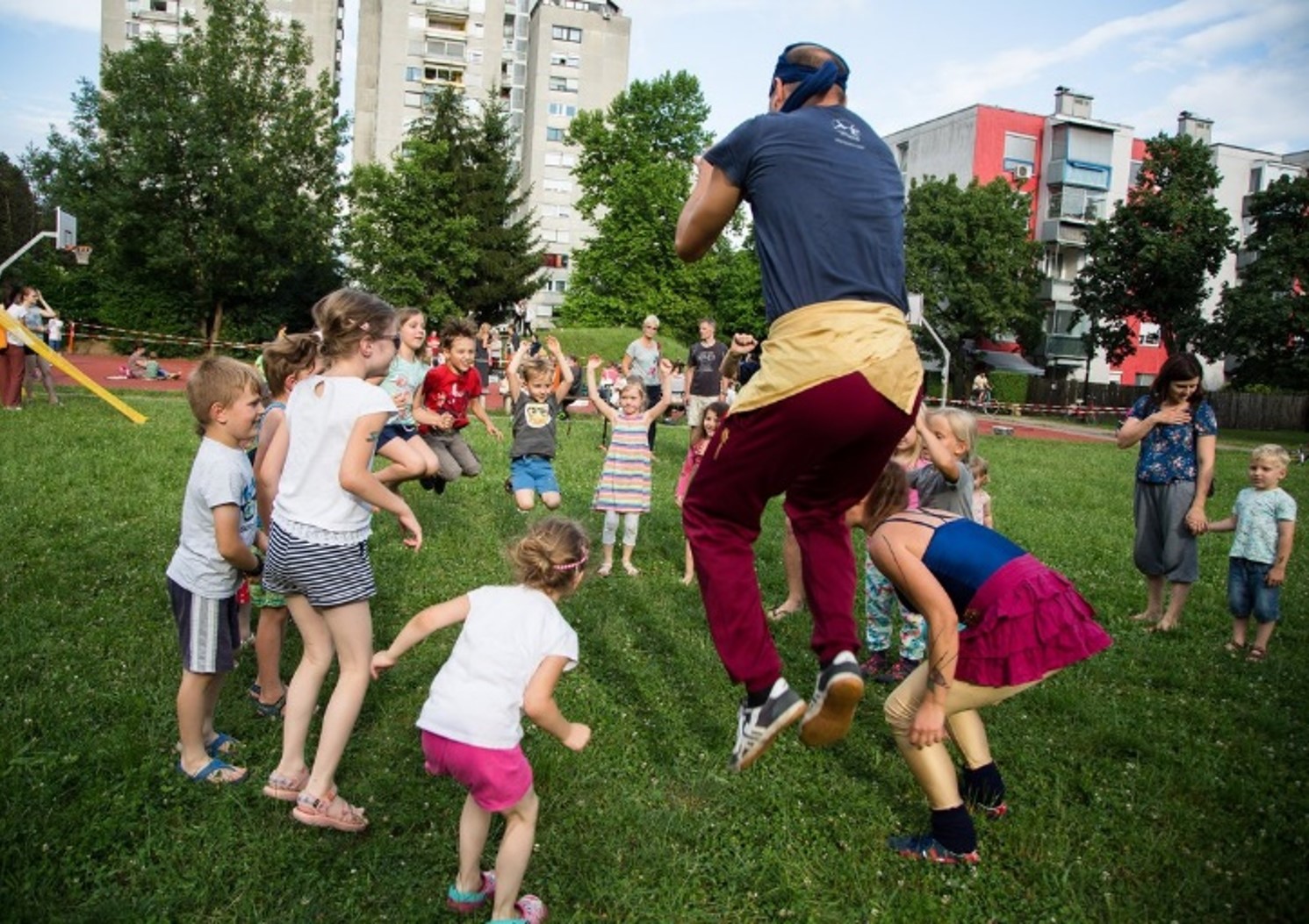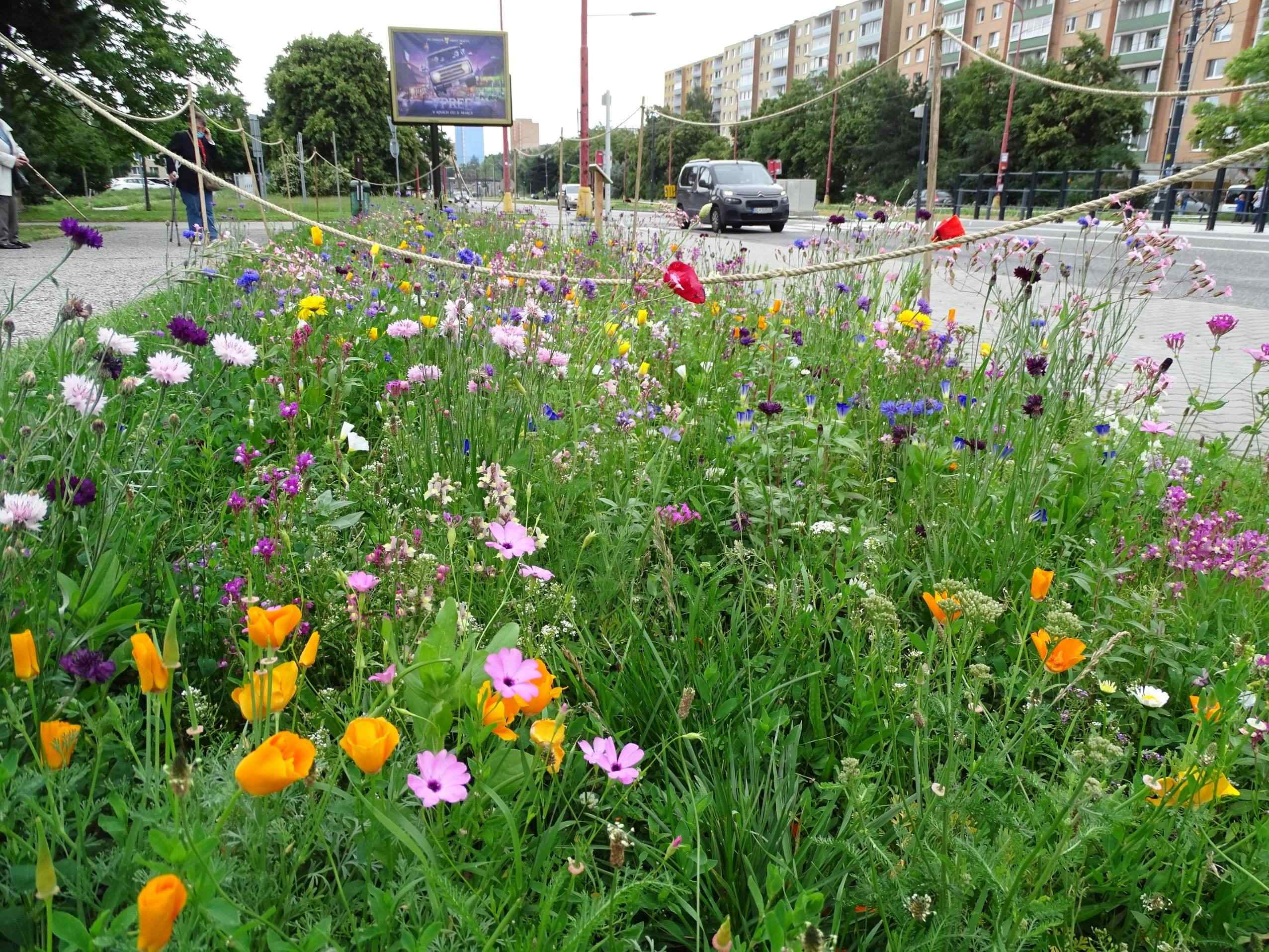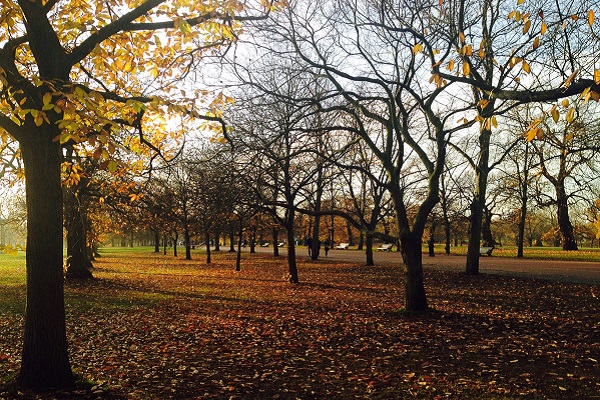In the sixth year of the PERFECT project, the partnership is looking at the changes in the use of green infrastructure as a result of the Covid-19 pandemic. A workshop was held in November 2021 to explore how the project partners and their stakeholders have experienced these changes.
During the workshop, Wayne Priestley, the Principal Advisor for the Parks, Horticulture and Grounds Maintenance network at the Association for Public Service Excellence delivered a presentation on the impact of the pandemic on park management in the UK. This was followed by a Q&A and short presentations from each partner explaining the situation in their area.
It was clear that there was a common story for partners and stakeholders from across Europe. Partners explained that central and local governments had been disengaging in the planning and investment of green infrastructure for many years, but due to Covid-19 pandemic, there had been a renewed interest.
Before the pandemic, many green spaces were underappreciated by large groups of the population. However, due to the pandemic, as leisure and recreational facilities closed, there was an increased usage of parks. They became spaces to exercise and socialise and there was increased recognition of the importance of spending time in green spaces for mental and physical wellbeing. Whilst this was positive as many people were introduced to the benefits of green spaces and nature, it also led to increased wear and tear as more people were using the parks and simultaneously there were reduced maintenance services. This, in turn, led to concerns around litter picking and anti-social behaviour that led to a rise in management costs at a time where income-making facilities like cafés and car parks were closed.
Another key theme that emerged as a common thread between partners was the unequal access to green spaces which was particularly marked in areas of deprivation. Those that lived close to green spaces got a greater chance to enjoy green spaces but many didn’t, creating inequality of access. For example, in the strictest lockdown in Bratislava, people would only be able to walk their pets only 100 metres away from their homes, which meant that very few people got to enjoy green spaces.
As a result of the new interest in the use of green spaces, partners saw increased recognition of the value of green infrastructure inside and outside urban areas. The various national lockdowns raised the importance of parks and green spaces on national and local agendas, particularly future open space planning and many of the partners are starting to see their local authorities planning better for parks.
This workshop was informative for all partners and their stakeholders who got a chance to share their municipalities’ experiences around the use of green infrastructure. A second workshop will take place in December, on the increased recognition of the impact of GI on health and wellbeing as a result of Covid-19. These two workshops will be used to inform a policy paper that will be published in the new year.
Photo credits: Zeleni zaklad - Ana Monro
